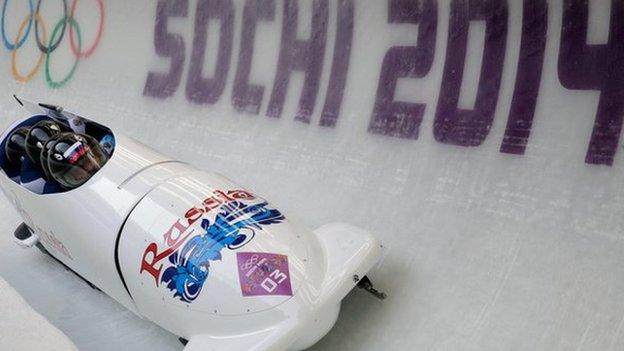Russian anti-doping agency denies admitting to existence of doping programme
- Published
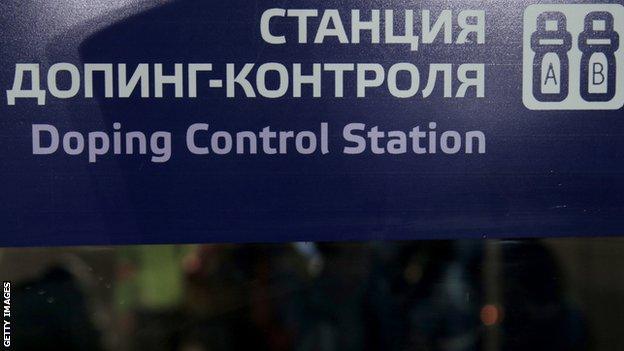
Rusada's acting director general Anna Antseliovich claims her words were 'taken out of context'.
A report in the New York Times, external has claimed Russian officials have admitted to the existence of a doping operation in the country for the first time.
The acting director general of Russia's anti-doping agency was quoted as saying "it was an institutional conspiracy".
However, the agency later said Anna Antseliovich's words were "distorted".
An independent report earlier this month alleged that more than 1,000 Russians benefited from a doping cover-up between 2011 and 2015.
The anti-doping agency, Rusada, claims Antseliovich had been citing the wording of the McLaren report which spoke of an "institutional conspiracy [that] existed across summer and winter sports athletes"., external
Antseliovich also said her words had been "taken out of context".
During her interview, Antseliovich, who has not been directly implicated in the investigations, emphasised that the government's top officials were not involved in the doping operation.
A Kremlin spokesman said the Russian authorities "need to check the authenticity" of Antseliovich's words but added that Russia has always denied allegations that the state was involved in doping.
Vitaly Smirnov, the 81-year-old who has been a leading sports official since the Soviet era and who has been appointed by Russian President Vladimir Putin to reform the anti-doping system, also spoke to the American newspaper.
"I don't want to speak for the people responsible," he said. "From my point of view, as a former minister of sport, president of Olympic committee, we made a lot of mistakes."
However, Smirnov also suggested the leaks made by the Fancy Bears - a group of hackers who have released the medical records of several athletes from around the world - showed Russia had not been competing on a level playing field.
"Russia never had the opportunities that were given to other countries," Smirnov said. "The general feeling in Russia is that we didn't have a chance."
Dan Roan reports from the discredited Moscow anti-doping laboratory
Corruption on an 'unprecedented scale'
In July, an investigation commissioned by the World Anti-Doping Agency (Wada) said Russia's sports ministry "directed, controlled and oversaw" manipulation of urine samples provided by its athletes.
A second Wada report from Canadian law professor and sports lawyer Dr Richard McLaren said the London 2012 Olympics was "corrupted on an unprecedented scale".
According to McLaren's report, salt and coffee were used to manipulate Russian samples and the system was refined over the course of the London 2012 Olympics, 2013 Worlds in Moscow and the 2014 Winter Olympics in Sochi to protect likely Russian medal winners.
Russia won 72 medals at the London Games, 21 of which were gold, and 33 medals at Sochi, 13 of which were gold.
Russian sports officials had previously denied the existence of any doping operation, even as the International Olympic Committee opened disciplinary proceedings against several Russian athletes, while the country also lost the hosting rights to a number of international events.
Russia's athletics team is banned from competition by the International Association of Athletics Federation.
'Enormous sympathy for boycotts over Russia' - BOA chairman Sir Hugh Robertson
- Published9 December 2016
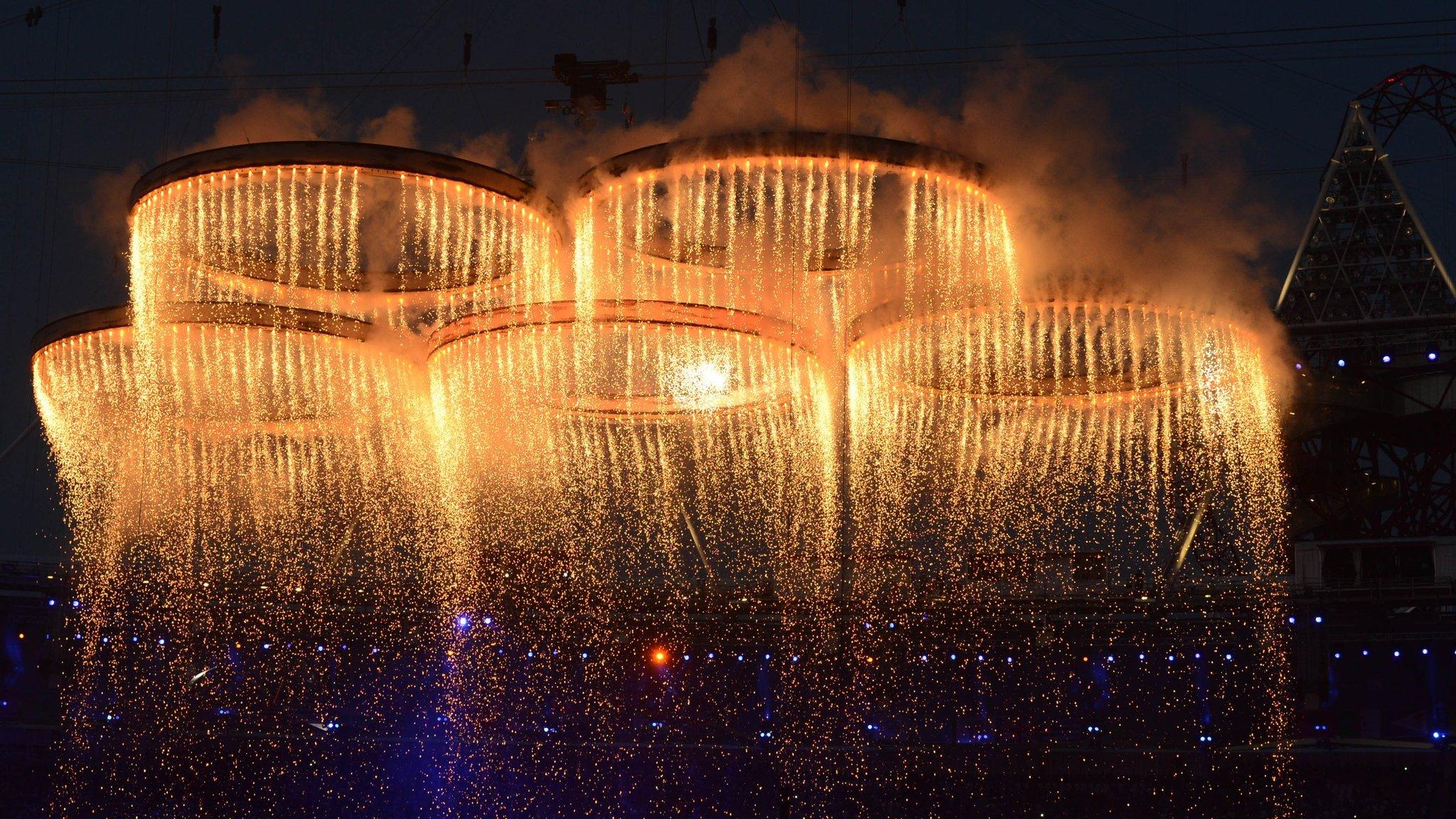
- Published22 December 2016
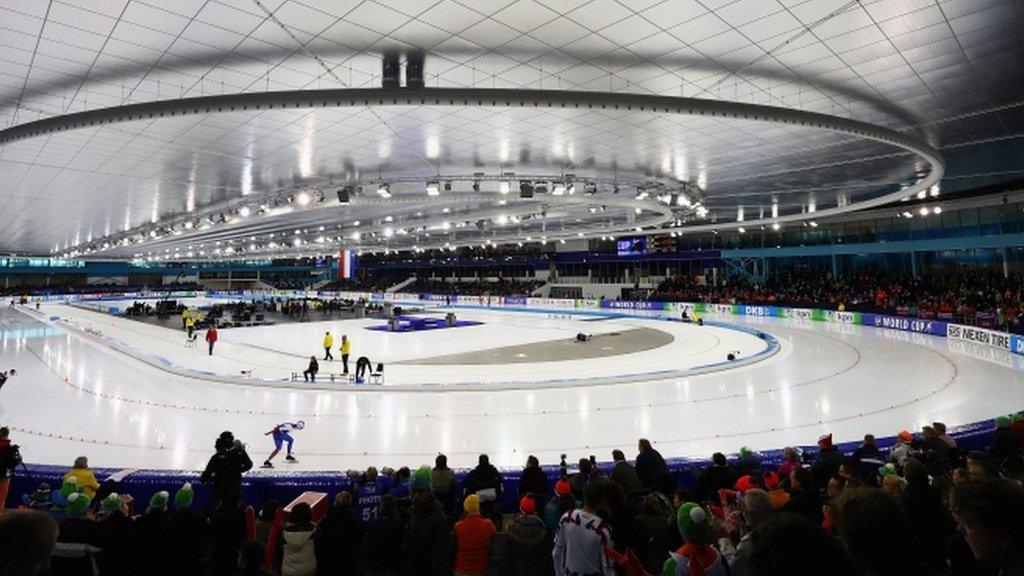
- Published23 December 2016
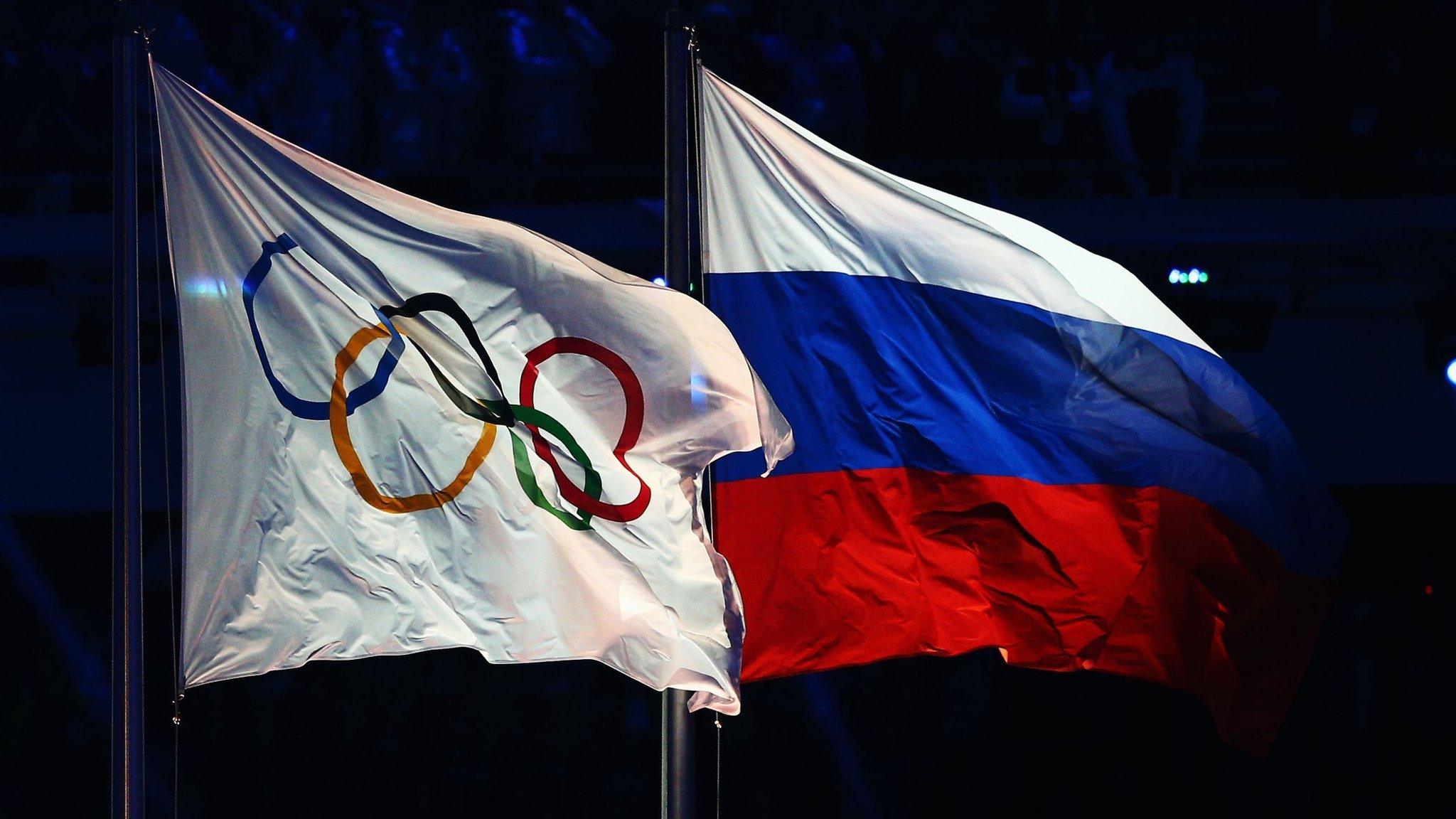
- Published14 December 2016
